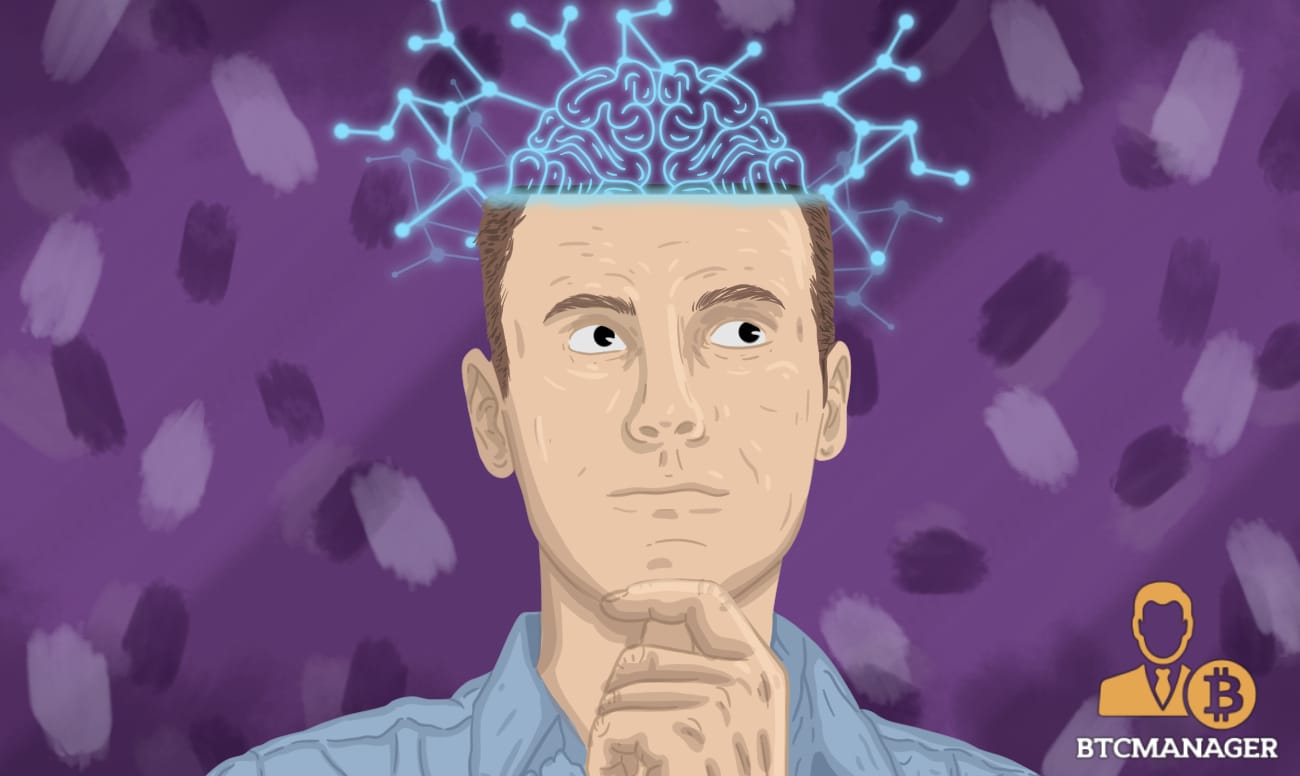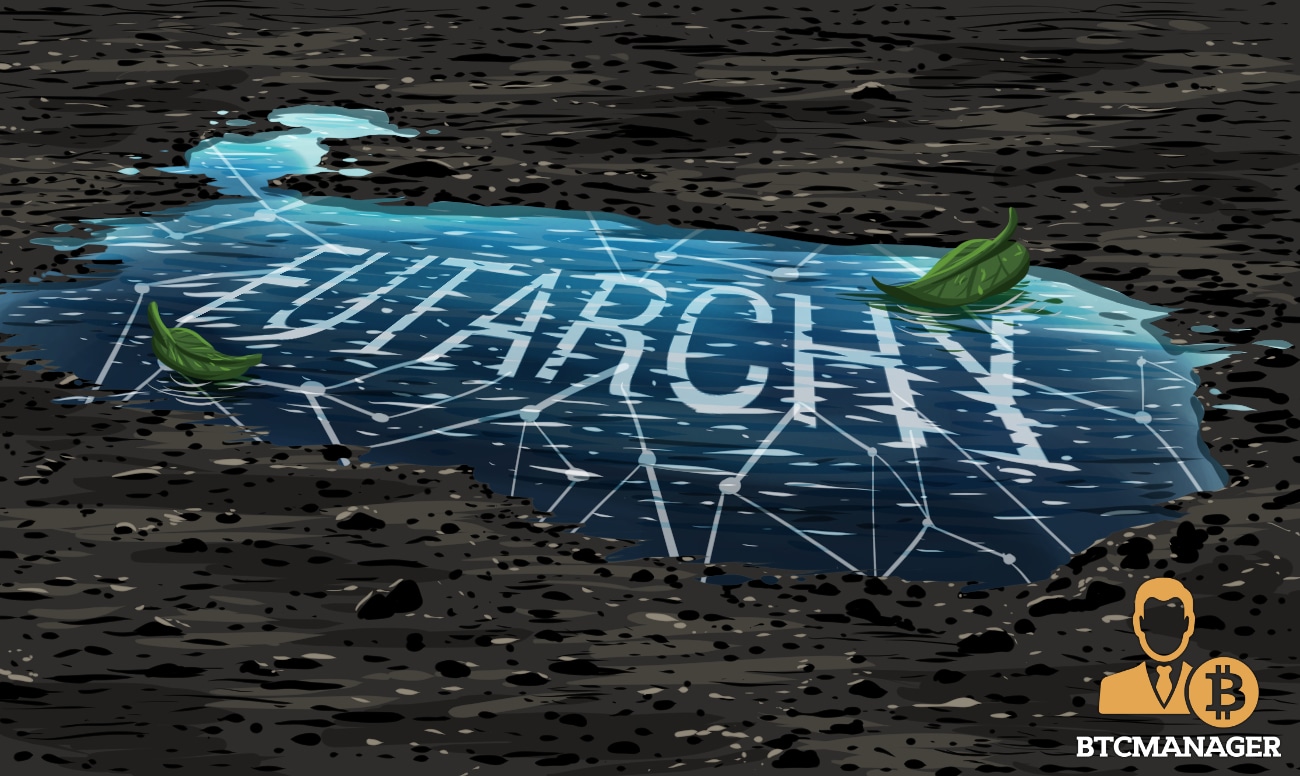While blockchain technology is a technological invention rooted in complex scientific and mathematical foundations, the innovation is also the embodiment of particular ideologies. These ideologies are as varied as the users of the technology.
Brett Scott, the author of the acclaimed book, “Heretic’s Guide to Global Finance: Hacking the Future of Money,” shared his thoughts on the various ideologies that define the interactions and engagements within the blockchain community. Speaking at the Refactor Camp in May 2018, the journalist explored the ideologies that intersect within the blockchain community.
The Market Versus the State
The market versus the state debate has been a long-running argument in many circles, and the blockchain community is no different. Scott explains:
“This is the classic battle lion that exists and one of the key things you want to be thinking about when with this is do you believe the market can exist without the state alright and a lot of traditional conservative thinking is the implicit belief that the market can exist, at least, the capitalist market can exist without States or that if you get rid of the state somehow so that the market can flourish, which sort of implies that if the state was to go, the market would just carry on existing.”
This ideology is arguably visible in the design of the blockchain by its creator(s). Satoshi Nakamoto designed an apparatus through which people could transfer value outside any system created by the state. Additionally, the network was designed to be impervious to centralized control. There is evidence that Nakamoto launched his network as a sort of revolt against the government’s interference in the market by bailing out the banks.
An interesting twist is that people are generally comfortable with giving up some of their individual liberties if it allows them to create a system that protects them. This is also visible within the blockchain community especially as it pertains to governance within the networks. People recognize that they must allow others to help secure the networks if they are to continue functioning effectively. Scott explains this dissonance:
“Actually, you find this in libertarian philosophy even the belief that you need the sort of minimalist states to underpin the property rights and contract that will make a market work.”
Inventions as Defense
Somewhat related to the market versus the state debate is the idea that an all-powerful government is not likely to be a good thing for citizens. Within the blockchain community, the idea of using technology as a defense from a government abusing its powers is welcomed. The Bitcoin white paper was published through email lists of crypto-anarchists, people who use cryptography to negate the need for a government or to limit its powers.
This thinking is still alive within many members of the blockchain community as Scott details, “The Internet will be co-opted by powerful entities, and they will use it to oppress us, and this is a large issue behind a lot of the original elements of blockchain technology. [These] communities thinking about the internet [and how] it could be liberating, but actually it could be a tool of extreme control,” he states.
The fundamental argument for this is that governments are made up of humans who are inherently flawed. The assumption is that all humans will put their interests before others. The self-interest that is in all humans thus becomes a major motive for governments to oppress their citizens. By eliminating this human element, technology, not just blockchains, means moving from trusting governments to trusting strips of code.
“When blockchain came along it suddenly presented this interesting concept [in which] we can have a robot entity, a non-human entity, that protects property rights and contracts but is not subject to self-interested humans,” Scott says.
Governance
The blockchain community strongly values immutability. This is one of the things that many within the community can agree should be in any blockchain worth the name. The innovation achieves this through its decentralization combined with advanced cryptographic methods. It would take an immense amount of energy to corrupt a network with many validators.
However, Scott questions the amount of faith placed in the software underpinning these networks. “So, it’s immutable. The steadfast iron will of unstoppable code. It does appeal to certain types of people, but other people think ‘why would I want to place my belief in unstoppable code. Why is that better?’”
The question probably has a lot to do with the distrust of centralized holders of powers. The blockchain is designed to be unchangeable as this provides a defense for all users. They know that can trust what they see to be the truth.
“I don’t have a clear answer for this, but it’s partly to do with the critique of centralization. Say centralization is the realm of a certain type of bad actor, and the main modus operandi is acting out and changing things. The reverse of that is you take them away, and you stop anybody being able to mess with you. Now there is a new problem which is how now I have an unchangeable system, a non-flexible rigid system that nobody can change.”
Additionally, within the blockchain community, a hybrid democracy is evident. All or majority of the actors within a network must agree before any action is made. However, if there is discord, there is no room for compromise. The only option is to exit. “This is actually quite a key element of open source philosophy as well. You find it’s an ambiguous thing which is that we can all collaborate but then we need to agree or just fork it all, move away. So like open source, this is a really interesting zone. It is a hybrid between libertarian thoughts and communitarian thoughts because you’ve got this ‘we’re going to collaborate in these groups,’ but then there’s no compromise [and] you can leave at any point.”
Theories of Money
The blockchain community, mainly present in Bitcoin, draws heavily on Austrian Economics. “It’s like cyber libertarianism meets Austrian economics. But this is a core part of this belief, that the mere fact of issuing a token can constitute money. Satoshi came to believe that the simple fact of exerting energy and producing a token makes its money.”
Nakamoto believed money is a commodity and people can decide on the value of the commodity based on their use of it: “It is based a little on anarcho-capitalist beliefs because it relies upon the idea that money will be valuable even when there is no state.” As the value of bitcoin and other digital currencies continues to grow, it is obvious Nakamoto’s supposition was right.
Emerging Subcultures
As a result of the Austrian economics influences, as well as other older economic theories within the community, there has been a growth in some less than desirable subcultures. These are rooted in the kind of nonchalant approach to social matters that many, if not most of the older economic and political theories, possess.
Scott explains why the blockchain community is home to some intolerant schools of thought. “A lot of Austrian economics believe in a natural order, so when you leave things [alone], a natural order comes. Now, this is a key part of a lot of anti-feminist thought, for example.”
Post Capitalism
Another emerging concept is the idea that blockchain technology can help create a future beyond the concept of capitalism. Post-capitalism refers to the notion of redefining capitalism to fit the needs of the society better. As Scott explains, it is a departure from the same old debates and is a new way of looking at the question.
“Post-capitalism is different to anti-capitalism. Post-capitalism is that ideological hybrid, trying to find between people who are tired of the anti-capitalist versus capitalist debate. There’s no state versus market [argument]. We are moving into a new type of time.” The use of blockchain technology to bring about an age where this kind of long-running debate can finally be transcended is an interesting proposition.
Referencing Fair Coin and the Catalonian financial activist, Enrique Duran, Scott shows how blockchain technology is being used to create a reality which supports a different kind of political and economic ideology, especially on new techno-supported iterations.
“Duran is behind this fair coin project, go check it out. [It’s] basically the idea that you can use a cryptocurrency to create this little federated network of anarchist communes for solidarity and communalism.”
Moreover, blockchain technology is also allowing people to use the Internet in ways that go beyond the kind of gig economy that has been prevalent with the rise of mobile phones. While the gig economy has been a welcome innovation of the Internet, it is not without its flaws. Scott reckons these flaws can be amended with the inclusion of blockchain-based platforms:
“This example of platform cooperativism, which is one of these kinds of movements which is saying ‘hey we can use blockchain technology to build out, for example, cooperative versions of uber.’ They’re not anti-market at all, they just believe in different structuring of markets, and they believe that you could use blockchain to do that.”
The Theology of the Blockchain
It is almost improbable to view blockchain technology, or any technological spaces, as operating under the confines of an underlying religious ideology. This is especially true in present terms as secularism grows in popularity. However, Scott points out similarities of religion, especially in the Abrahamic beliefs to the technological space. He states: “There’s a lot of salvation narratives. It actually has the same mental structure as Christian salvation narratives. The idea of the transcendence of the body is a very big thing these in certain forms of Christianity, and you find it in technological circles.”
In fact, as referenced earlier, the blockchain came into being partly as a safeguard from the flaws inherent to the human nature. Whether these flaws are held within the mind, or the body is a religious debate. Within the blockchain space, however, the need to rise above the human experience and its shortcomings are evident. “The transcendence of the body is a big theme, and in a lot of technology circles [there’s] a disgust at the imperfection of humans,” concludes Scott.
The blockchain space is undoubtedly a melting point for a wide array of political, social, and economic beliefs. Whether these notions will culminate into one concise philosophy or will continue to exist as the sometimes wildly different factions remains to be seen.
Sourced from crypto.news.
Written by on 2022-08-11 08:29:03.









